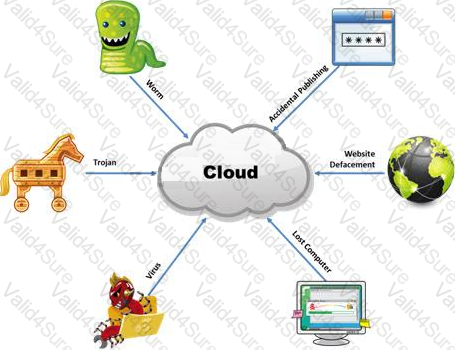ECSAv10 Exam Dumps - EC-Council Certified Security Analyst (ECSA) v10 : Penetration Testing
Searching for workable clues to ace the ECCouncil ECSAv10 Exam? You’re on the right place! ExamCert has realistic, trusted and authentic exam prep tools to help you achieve your desired credential. ExamCert’s ECSAv10 PDF Study Guide, Testing Engine and Exam Dumps follow a reliable exam preparation strategy, providing you the most relevant and updated study material that is crafted in an easy to learn format of questions and answers. ExamCert’s study tools aim at simplifying all complex and confusing concepts of the exam and introduce you to the real exam scenario and practice it with the help of its testing engine and real exam dumps
The Internet is a giant database where people store some of their most private information on the cloud, trusting that the service provider can keep it all safe. Trojans, Viruses, DoS attacks, website defacement, lost computers, accidental publishing, and more have all been sources of major leaks over the last 15 years.

What is the biggest source of data leaks in organizations today?
Which of the following approaches to vulnerability assessment relies on the administrator providing baseline of system configuration and then scanning continuously without incorporating any information found at the time of scanning?

TCP/IP provides a broad range of communication protocols for the various applications on the network. The TCP/IP model has four layers with major protocols included within each layer. Which one of the following protocols is used to collect information from all the network devices?
